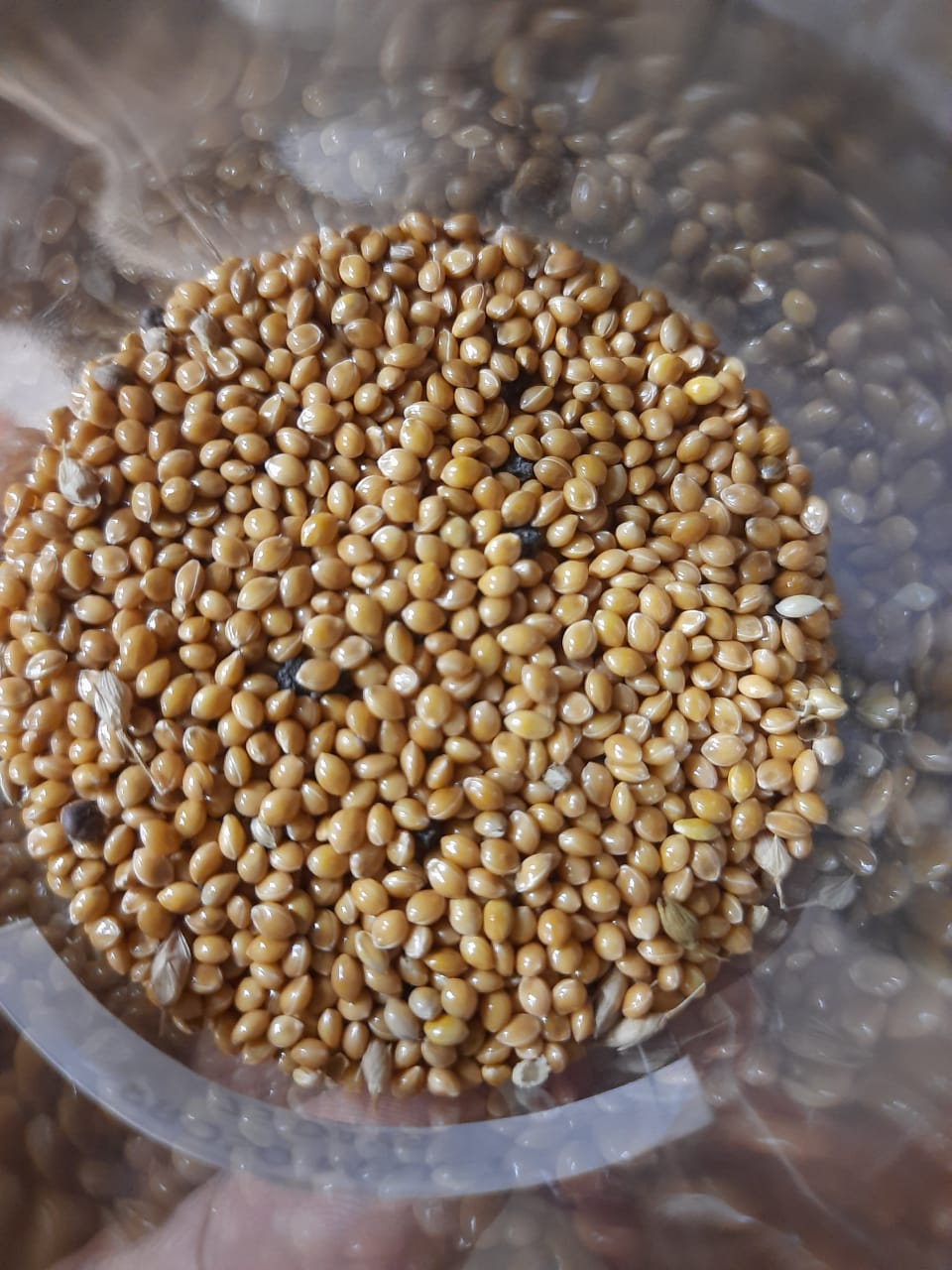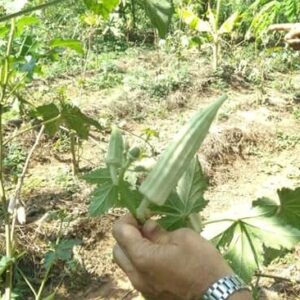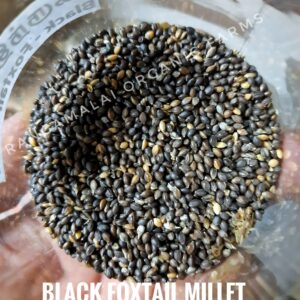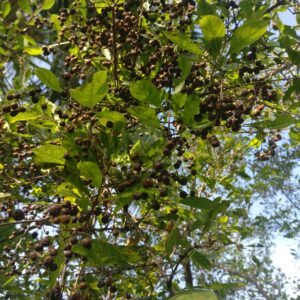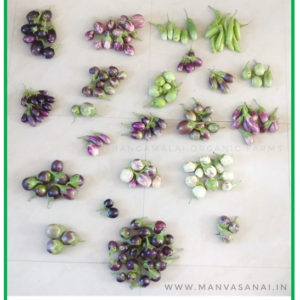Description
Proso millet is important minor millet grown in India. The crop is able to evade drought by its quick maturity. Being a short duration crop (60 -90 days) with relatively low water requirement, this escapes drought period and, therefore, offers better prospects for intensive cultivation in dry land areas. Under unirrigated conditions, proso millet is generally grown during kharif season but in areas where irrigation facilities are available, this is profitably grown as summer catch crop in high intensity rotations.
Origin and History: Proso millet probably originated in India. It spread from India to other cheena growing parts of the world. It might have originated for?Panicum psilopodium which is found in its wild state in Burma, India and Malaysia.
Climatic Requirements:?Proso millet is a crop of warm climate. It is grown extensively in warm regions of the world. It is highly drought resistant and can be grown in areas where there is scanty rainfall. It can withstand water stagnation also to some extent. It is a hardly crop which completes its life cycle in a short span of time.
Time of Sowing: As a kharif crop, proso millet should be sown in the first fortnight of July with the onset of monsoon rains and as a summer crop it should be sown by the middle of April. During summer, it would be desirable to sow proso millet as soon as the harvesting of the Rabi crop is over.
Harvesting and Threshing: Proso millet is ready for harvest after 65-75 days of sowing in most of the varieties. Harvest the crop when it is about to mature. The seeds in the tip of upper heads ripe and shatter before the lower seeds and later panicles get mature. Therefore, the crop should be harvested when about two thirds of seeds are ripe. Crop is threshed with hand or bullocks
Buy Once and Build Your Seed Bank!
Our farm’s Community Seed Bank preserves and cultivates Open Pollinated Native seed varieties that are both organic and sustainably grown. We distribute seeds in limited quantities, expecting gardeners or farmers to propagate them and establish their seed bank. Get ready for a happy and fruitful farming experience!
SEED TREATMENT:
Soaking seeds before sowing can greatly improve their chances of germination and growth. There are several methods of soaking seeds, and one of the most popular methods is soaking them in water. All you need to do is immerse the seeds in water for about 24 hours before planting them in grow bags. This method is particularly useful for seeds that have hard seed coats, which can prevent water from penetrating and germination from occurring.
Another method of soaking seeds is to soak them in cowdung slurry. This is a traditional method that has been used in India for centuries. Cowdung slurry is believed to contain natural growth-promoting substances that can help seeds germinate faster and grow stronger. To prepare the slurry, mix cow dung with water to make a thick paste, and then immerse the seeds in the mixture for about 48 hours. After soaking, rinse the seeds in clean water before planting them in grow bags.
Both of these methods can be effective in improving the germination and growth of seeds. However, it’s important to note that not all seeds require soaking, and some may even be harmed by it. Be sure to research the specific needs of the seeds you are planting and use the appropriate method accordingly.

